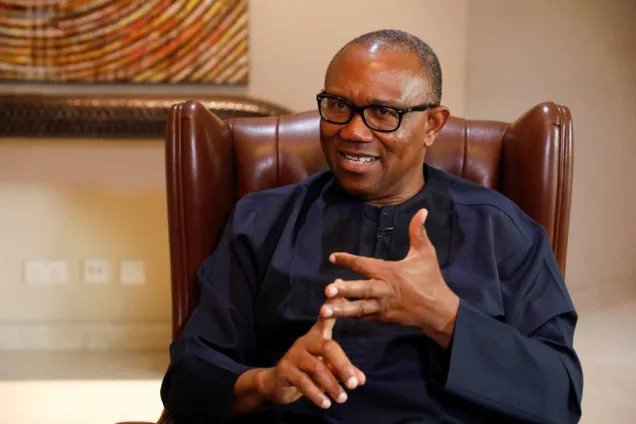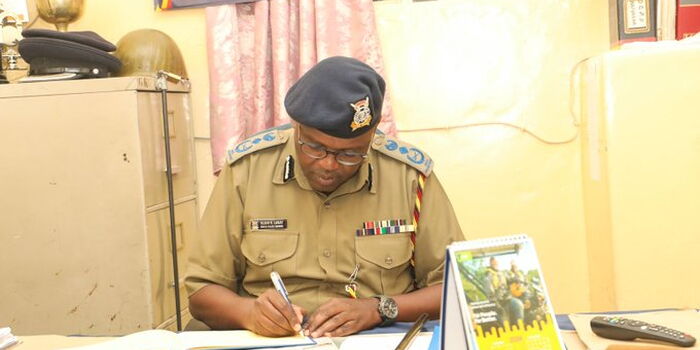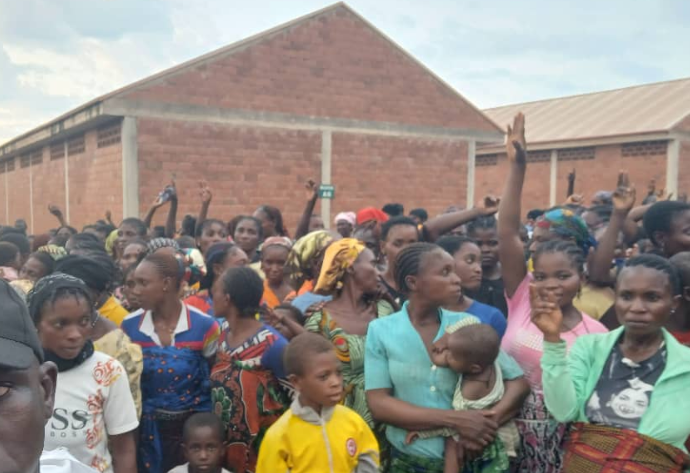Peter Obi Addresses Backlash Over Benue Visit Ban and Donates to Plateau IDPs

A directive issued by Governor Hyacinth Alia of Benue State, banning unapproved visits by prominent individuals, has triggered widespread criticism from political figures and civil society organizations. This directive and the reactions to it have sparked debates about constitutional rights, political motivations, and humanitarian access within the state.
The governor's statement, released through his Chief Press Secretary, Tersoo Kula, mandates that anyone planning a high-profile visit to Benue must first seek clearance from his office. Alia cited ongoing critical consultations with stakeholders to address the state's challenges, suggesting that visits likely to attract politically charged gatherings should be avoided. The statement explicitly warns that the safety and security of unapproved visitors cannot be assured.
This directive has been interpreted by many as a targeted move against Labour Party's 2023 presidential candidate, Peter Obi, who reportedly planned a humanitarian visit to Internally Displaced Persons (IDP) camps in the state. Obi responded via his X handle, stating that he had intended to visit Plateau and Benue states to pay courtesy calls on the governors and offer support to IDP camps and schools of nursing. He claimed to have informed the Plateau State Government and received permission but faced difficulties contacting Governor Alia.
Obi explained that after multiple attempts to reach the governor, he contacted the governor's Aide-de-Camp (ADC), who assured him of a callback. When that call didn't materialize, Obi proceeded with his trip, viewing the visit to Governor Alia as a courtesy. However, while en route, his security team informed him of a press statement from the Benue State Government that appeared to halt his visit. The ADC later forwarded the same statement to him, referencing the itinerary he had previously shared.
Obi emphasized that his visit was driven by humanitarian motives, aimed at supporting critical areas of development such as healthcare, education, and the welfare of displaced Nigerians. He reminded the public of his long-standing commitment to such causes, both before and during his political career.
Adding another layer to the controversy, Ibrahim Idoko, the state chairman of the Inter-Party Advisory Council (IPAC) and Labour Party chairman in Benue, stated that he was unaware of Obi's planned visit. While acknowledging the visit's good intentions, he stressed the importance of following official protocol and raised concerns about safety issues.
Critics have condemned the governor's directive as unconstitutional. Chief Bemgba Iortyom, a governorship aspirant of the Peoples Democratic Party (PDP), argued that the ban violates Section 41 of the 1999 Constitution, which guarantees citizens' freedom of movement. He views the directive as a reflection of political intolerance.
Laz Mom, Chairman of the Benue NGO Network (BENGONET), found the directive to be sending the wrong signal with the governor claiming he can not guarantee visitors’ safety which portrays Benue as a conflict zone. Similarly, PDP State Publicity Secretary, Tim Nyor, described the governor's action as draconian and politically motivated.
Amid the controversy, Obi has appealed to Nigerians to depoliticize approaches to national issues. He recounted his experience trying to visit the Benue IDP camp emphasizing his commitment to supporting vulnerable Nigerians. He also donated N7.5 million to support the welfare and continued education of displaced children in Plateau state. Meanwhile, the Benue State Government has distanced itself from Obi's purported visit, stating that the governor is engaged in high-profile meetings and advising against visits that may generate political assemblies without prior approval.











